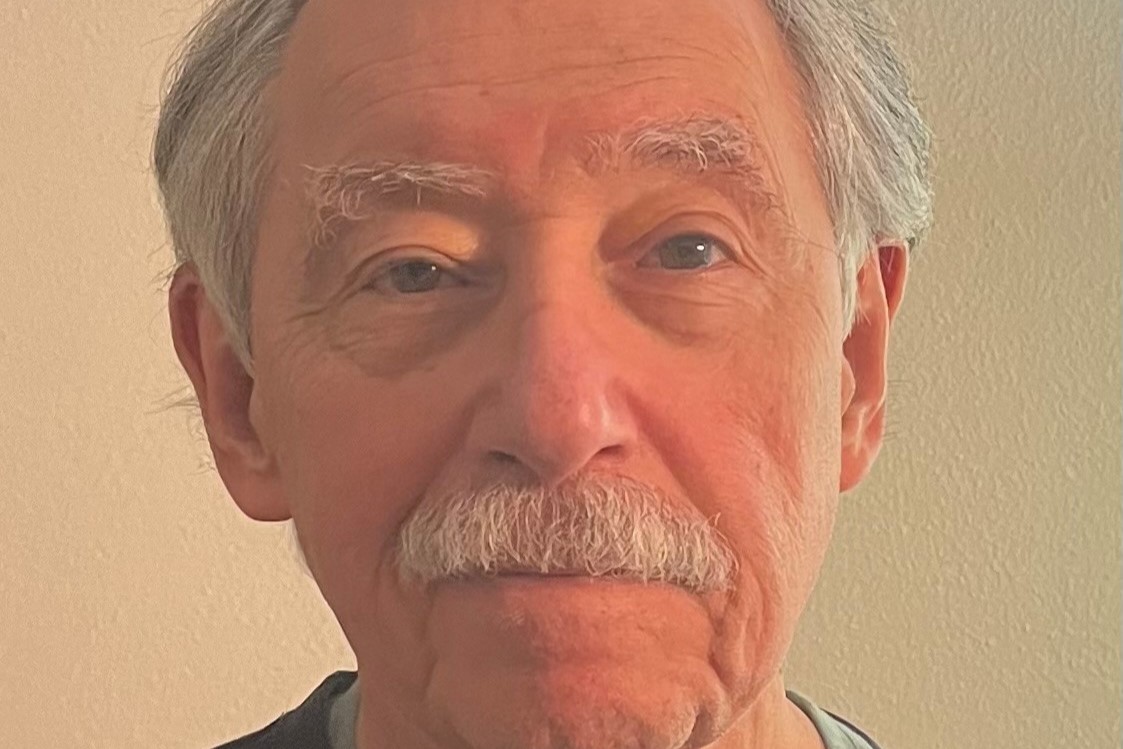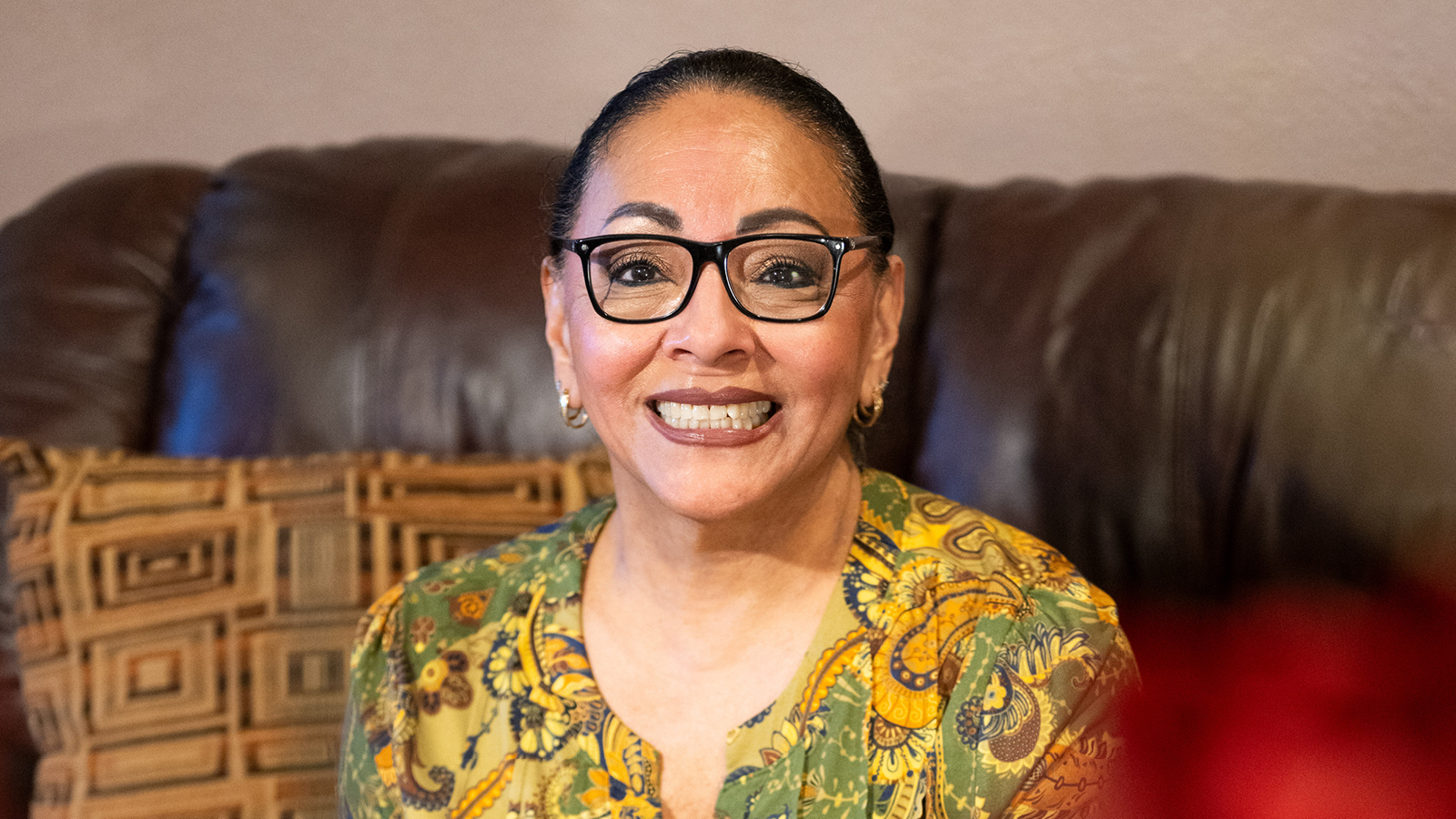- Diseases
- Acoustic Neuroma (14)
- Adrenal Gland Tumor (24)
- Anal Cancer (68)
- Anemia (2)
- Appendix Cancer (16)
- Bile Duct Cancer (26)
- Bladder Cancer (72)
- Brain Metastases (28)
- Brain Tumor (232)
- Breast Cancer (714)
- Breast Implant-Associated Anaplastic Large Cell Lymphoma (2)
- Cancer of Unknown Primary (4)
- Carcinoid Tumor (8)
- Cervical Cancer (158)
- Colon Cancer (166)
- Colorectal Cancer (118)
- Endocrine Tumor (4)
- Esophageal Cancer (44)
- Eye Cancer (36)
- Fallopian Tube Cancer (8)
- Germ Cell Tumor (4)
- Gestational Trophoblastic Disease (2)
- Head and Neck Cancer (12)
- Kidney Cancer (128)
- Leukemia (342)
- Liver Cancer (50)
- Lung Cancer (286)
- Lymphoma (278)
- Mesothelioma (14)
- Metastasis (30)
- Multiple Myeloma (100)
- Myelodysplastic Syndrome (60)
- Myeloproliferative Neoplasm (6)
- Neuroendocrine Tumors (16)
- Oral Cancer (100)
- Ovarian Cancer (172)
- Pancreatic Cancer (160)
- Parathyroid Disease (2)
- Penile Cancer (14)
- Pituitary Tumor (6)
- Prostate Cancer (146)
- Rectal Cancer (58)
- Renal Medullary Carcinoma (6)
- Salivary Gland Cancer (14)
- Sarcoma (238)
- Skin Cancer (296)
- Skull Base Tumors (56)
- Spinal Tumor (12)
- Stomach Cancer (64)
- Testicular Cancer (28)
- Throat Cancer (92)
- Thymoma (6)
- Thyroid Cancer (98)
- Tonsil Cancer (30)
- Uterine Cancer (80)
- Vaginal Cancer (16)
- Vulvar Cancer (20)
- Cancer Topic
- Adolescent and Young Adult Cancer Issues (20)
- Advance Care Planning (10)
- Biostatistics (2)
- Blood Donation (18)
- Bone Health (8)
- COVID-19 (362)
- Cancer Recurrence (120)
- Childhood Cancer Issues (120)
- Clinical Trials (632)
- Complementary Integrative Medicine (22)
- Cytogenetics (2)
- DNA Methylation (4)
- Diagnosis (232)
- Epigenetics (6)
- Fertility (62)
- Follow-up Guidelines (2)
- Health Disparities (14)
- Hereditary Cancer Syndromes (126)
- Immunology (18)
- Li-Fraumeni Syndrome (8)
- Mental Health (116)
- Molecular Diagnostics (8)
- Pain Management (62)
- Palliative Care (8)
- Pathology (10)
- Physical Therapy (18)
- Pregnancy (18)
- Prevention (918)
- Research (392)
- Second Opinion (74)
- Sexuality (16)
- Side Effects (604)
- Sleep Disorders (10)
- Stem Cell Transplantation Cellular Therapy (216)
- Support (402)
- Survivorship (322)
- Symptoms (182)
- Treatment (1786)
How retzius-sparing prostatectomy helped a prostate cancer patient
3 minute read | Published March 18, 2022
Medically Reviewed | Last reviewed by an MD Anderson Cancer Center medical professional on March 18, 2022
Just six weeks after his prostate cancer surgery, Alejandro Ayestaran ran a 10K.
His recovery was speedy thanks to rehabilitation exercises and a retzius-sparing prostatectomy, a surgical procedure that limits urinary incontinence, one of the most common prostatectomy side effects.
A prostate cancer diagnosis at age 50
Alejandro was diagnosed with prostate cancer in late 2020. He had already been monitoring his levels of prostate-specific antigen (PSA), a protein produced by the prostate gland that can indicate cancer. He was training for triathlons and undergoing testosterone treatment to enhance his performance.
Each month, his PSA level would go up for a time and then come back down. But in December 2020, his PSA didn’t return to the levels his urologist had anticipated. He prescribed Alejandro antibiotics. His PSA levels dipped a bit, but they still weren’t at a healthy level. An MRI and a biopsy revealed what his urologist had feared: Alejandro had prostate cancer.
At age 50, Alejandro was younger than most men diagnosed with prostate cancer. He wondered if the treatments and side effects would allow him to keep living the active lifestyle he was used to.
He turned to a friend who happened to be a urologist. “MD Anderson is the best place to go,” he told Alejandro.
Undergoing a retzius-sparing prostatectomy at MD Anderson
The first week of January 2021, Alejandro traveled from Dallas to Houston for his first appointment.
“From our first interaction, it was a wonderful experience,” he says. “Every single person was so personable and approachable.”
Because of COVID-19 precautions, Alejandro’s wife, Maria, couldn’t accompany him to the clinic. She waited in a visitor’s respite area while Alejandro’s care team, led by urologic oncologist John Davis, M.D., spoke with her through a video call from Alejandro’s phone.
“We felt like they did everything they could to include her,” Alejandro says.
Davis confirmed Alejandro’s diagnosis and outlined his treatment. He would only need surgery at that point: a retzius-sparing prostatectomy. For most patients undergoing a prostatectomy, the most common problem following the surgery is leakage and difficulty passing urine. But a retzius-sparing prostatectomy gives patients three to six months faster urinary control recovery because surgeons work in a smaller space under the bladder. Not every patient is eligible for the surgery, but Alejandro was considered an ideal patient since he was young, otherwise healthy and his cancer was caught early.
Recovery from prostate cancer treatment
On Feb. 28, 2021, Alejandro underwent a three-and-a-half-hour procedure. Everything went smoothly, Davis told Alejandro’s wife over the phone immediately after. Alejandro spent one night in the hospital at MD Anderson afterward. When his care team came to discharge him the next day, they found an empty room. Alejandro was already back on his feet, walking laps around the floor. He spent another two days at a hotel in Houston before returning home to Dallas.
Right away, Alejandro began doing the exercises his care team had showed him to get his strength and bladder control back.
“Unless you do the exercises, it’s not going to happen,” he says.
After 14 days, he had his catheter removed, and a week later he was able to stop using urinary pads. He saw a specialist regarding erectile dysfunction, and had fully recovered from surgery after about six to eight weeks.
When he returned for his following up appointment a few weeks later, his PSA levels were undetectable. That was exactly what his care team had wanted to see.
“Having cancer is no fun,” Alejandro says. “But MD Anderson is definitely the place to go.”
Request an appointment at MD Anderson online or by calling 1-855-495-2902.
Related Cancerwise Stories

MD Anderson is definitely the place to go.
Alejandro Ayestaran
Survivor





